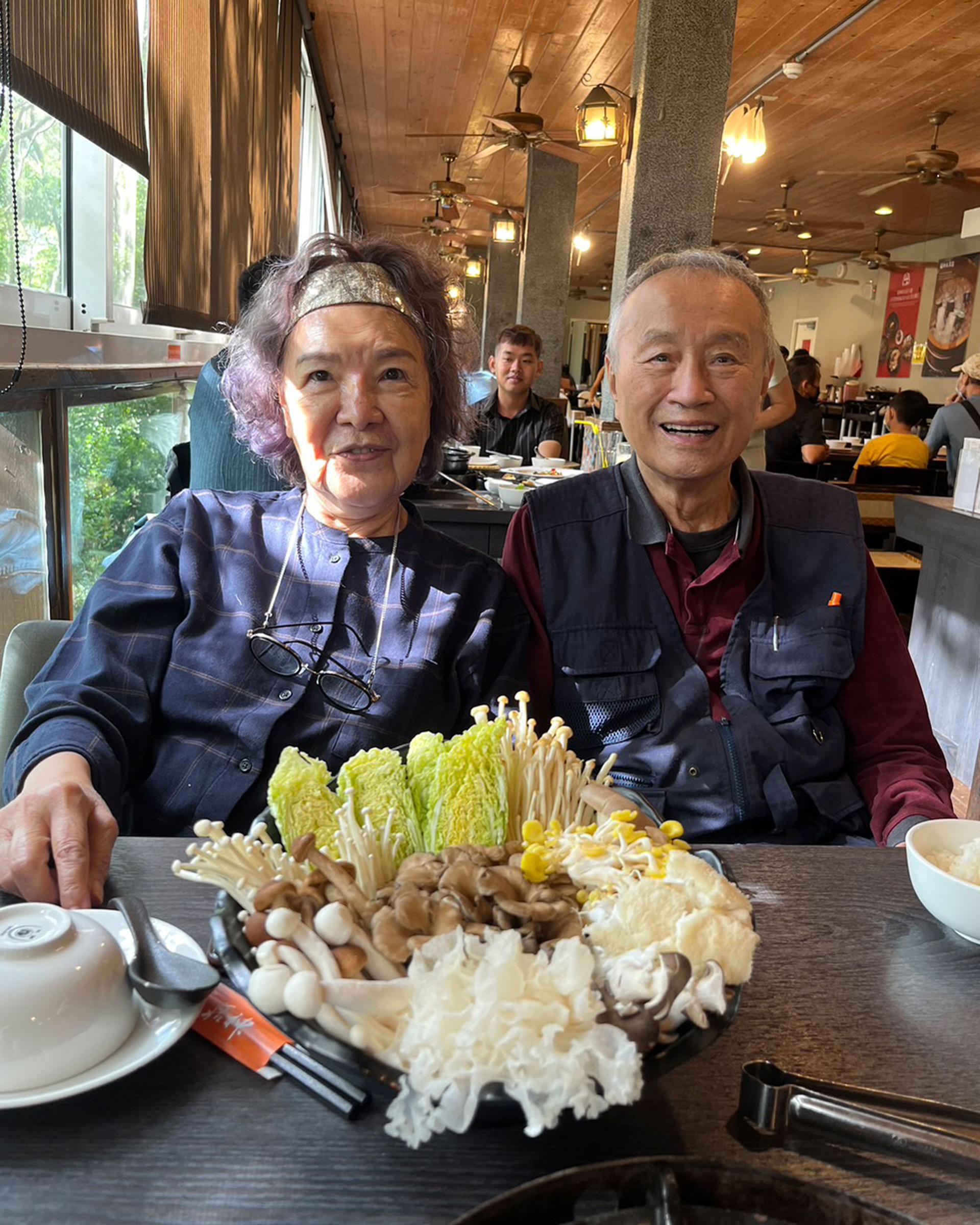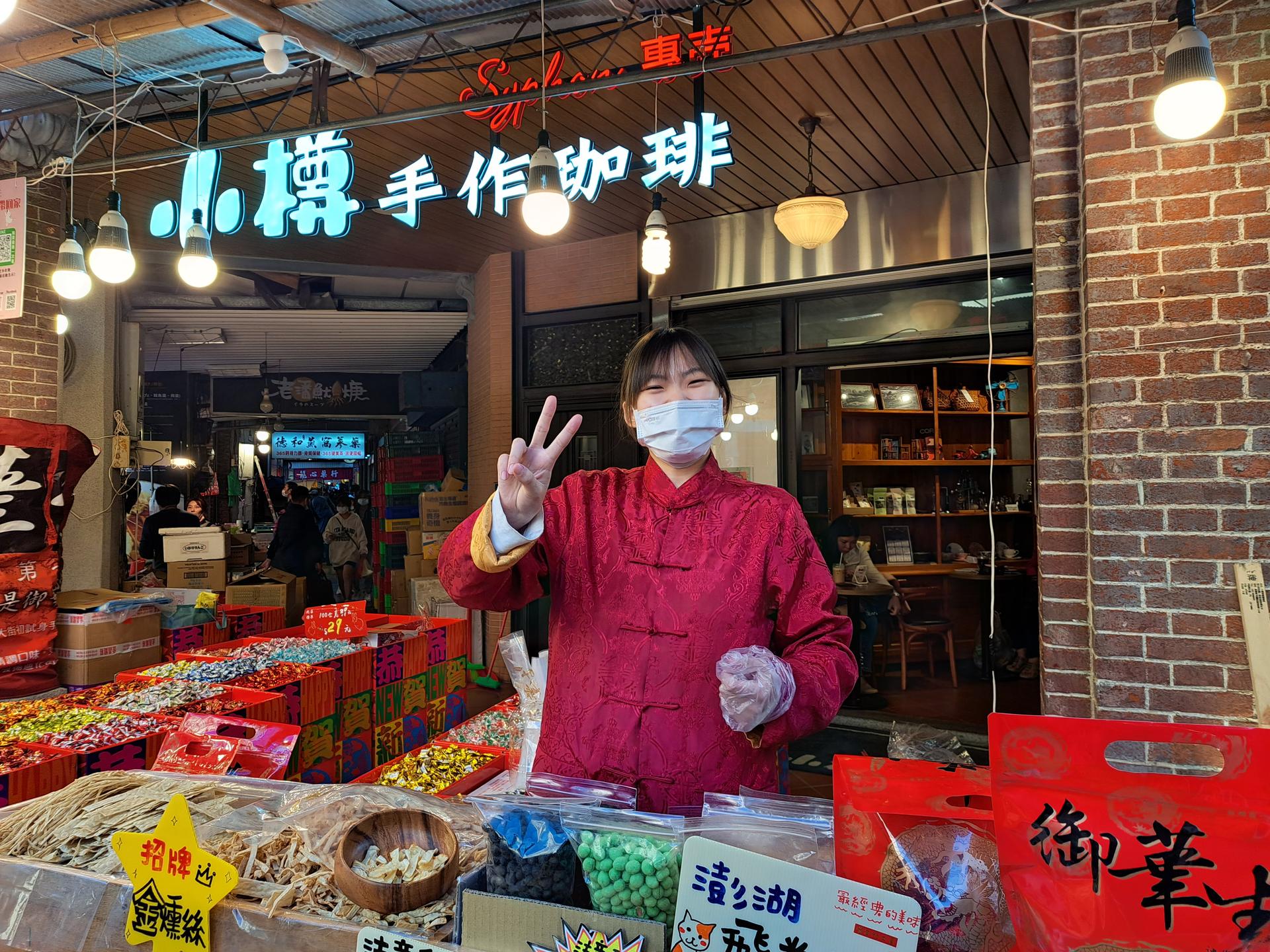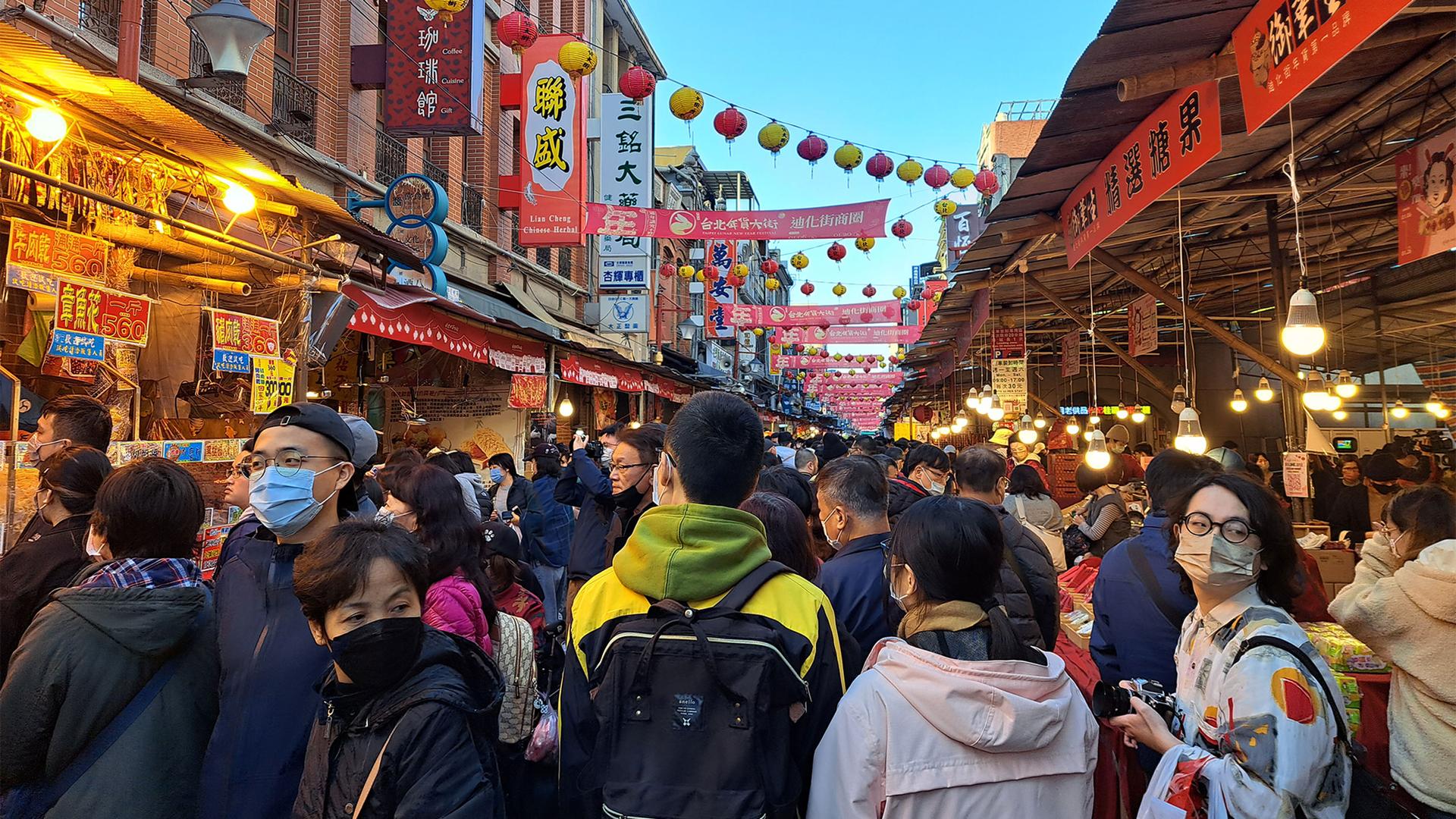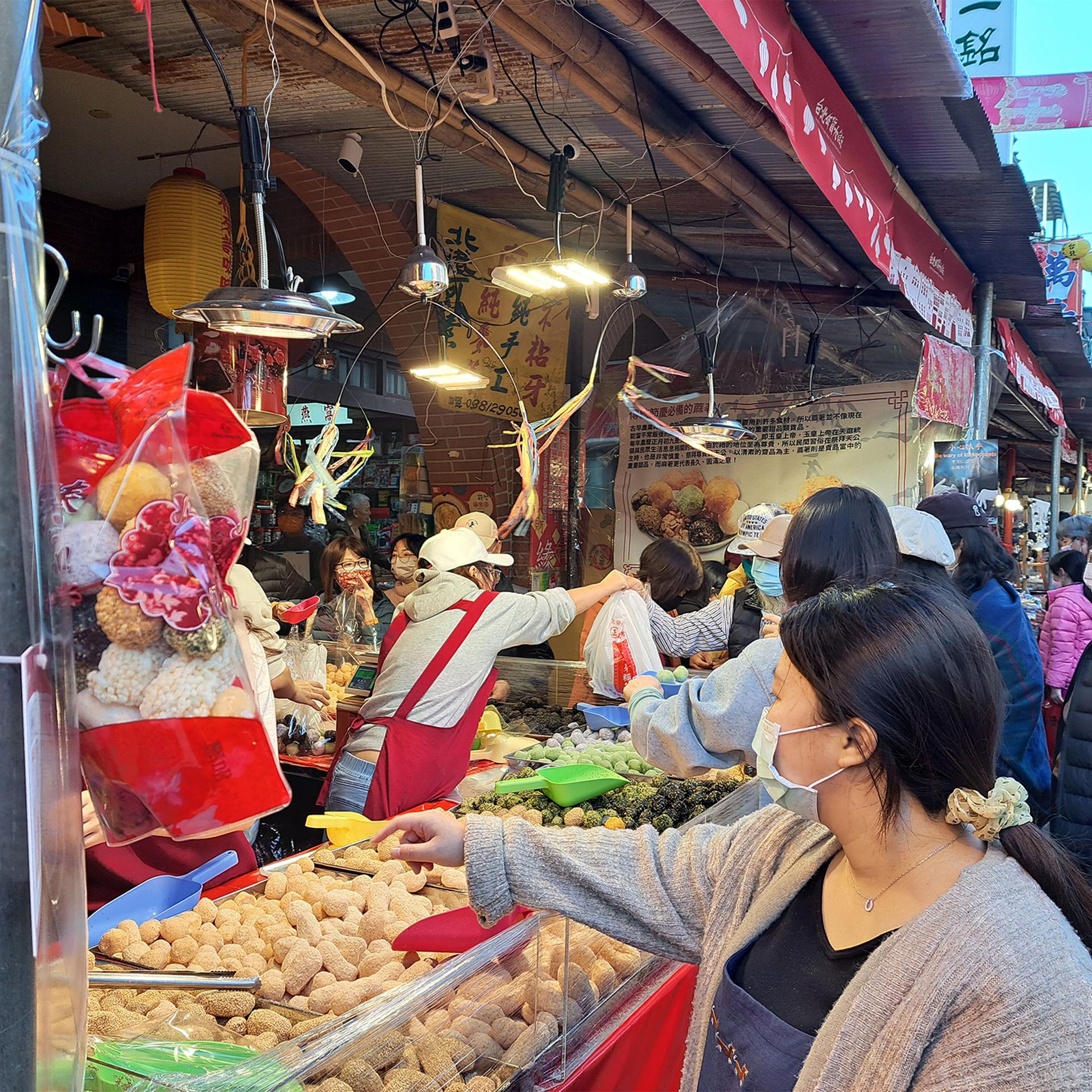At the Jiang household in Taiwan’s western city of Taichung, the Lunar New Year means hearty meals, gifts of hong bao — red envelopes with money inside — and long games of mahjong.
Jiang Du-Hsin, 86, said that being able to be together with family again this year for the holiday that started on Jan. 22, and will last until Feb. 1, has been an edifying experience.
“It’s good for us. It’s a tradition,” Jiang said. “All of us are very happy to be together.”

Lunar New Year celebrations have kicked off in China, Taiwan and across the Asia-Pacific region.
In China, the holiday marks one of the world’s largest mass migrations, with many of the country’s 1.4 billion-strong population heading from cities back to their family homes. And it has public health experts fearing that China’s ongoing wave of COVID-19 could get much worse.
In Taiwan, however, cases of the coronavirus have been relatively low for a while, with many people feeling much safer celebrating the holiday there.
Jiang, who had COVID-19 about a month ago, said he’s pleased with how Taiwan handled the pandemic. He’s 86, and has had four COVID-19 shots.
“More than 90% of our population has [COVID-19] injections,” Jiang said. “I don’t think that COVID-19 is a big problem for the Taiwanese people.”
Almost 9 out of every 10 Taiwanese people have had two doses of a COVID-19 vaccine — and about three-quarters have had at least one booster. Taiwan hasn’t faced the same concerns as in neighboring China, where the Lunar New Year travel comes amid lagging vaccination rates among the elderly.
Jason Wang, a health policy expert at Stanford University, said it’s unlikely that the health system in Taiwan will be overwhelmed.
“If somebody were to get COVID[-19] … you could just use telehealth and go to a designated pharmacy to get antivirals,” Wang said.
He said that the situation in Taiwan is also different from in China because of how it eased restrictions and reopened to international travel.

“Taiwan has had a checklist to manage the potential chaos of reopening,” Wang explained. “It was staged, phase-by-phase, to gradually relax restrictions.”
The process included waiting until vaccination rates were high enough, stocks of booster shots and antivirals were on hand, and the country had good levels of hospital and telehealth capacity.
Restricted travel
Even prior to the pandemic in 2019, travel between China and Taiwan was already restricted. As a result, even now, Taiwan isn’t seeing the same numbers of visitors from China as neighboring countries.
Given the rise in infections in China, Wang said that Taiwanese public health authorities are concerned about emerging new variants.

“One of the things that Taiwan’s government has already done is to monitor travelers from China, and to study the variants of travelers from China, compared to travelers from elsewhere,” Wang said.
But he added that Taiwanese officials haven’t yet detected any variants of significant concern.
In a speech a few weeks ago, Taiwan’s President Tsai Ing-Wen offered support to China in dealing with its new COVID-19 wave.

“We are aware that the pandemic situation has recently become more serious in China,” Tsai said. “If need be, we are willing, out of humanitarian concern, to provide necessary assistance to help more people get through the pandemic and enjoy good health and peace of mind in the new year.”
Claire Hollants contributed reporting from Taichung.
Our coverage reaches millions each week, but only a small fraction of listeners contribute to sustain our program. We still need 224 more people to donate $100 or $10/monthly to unlock our $67,000 match. Will you help us get there today?